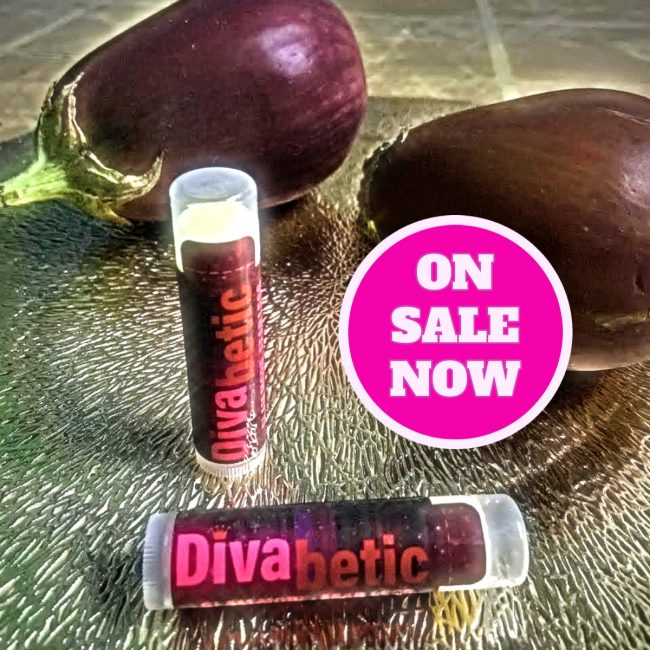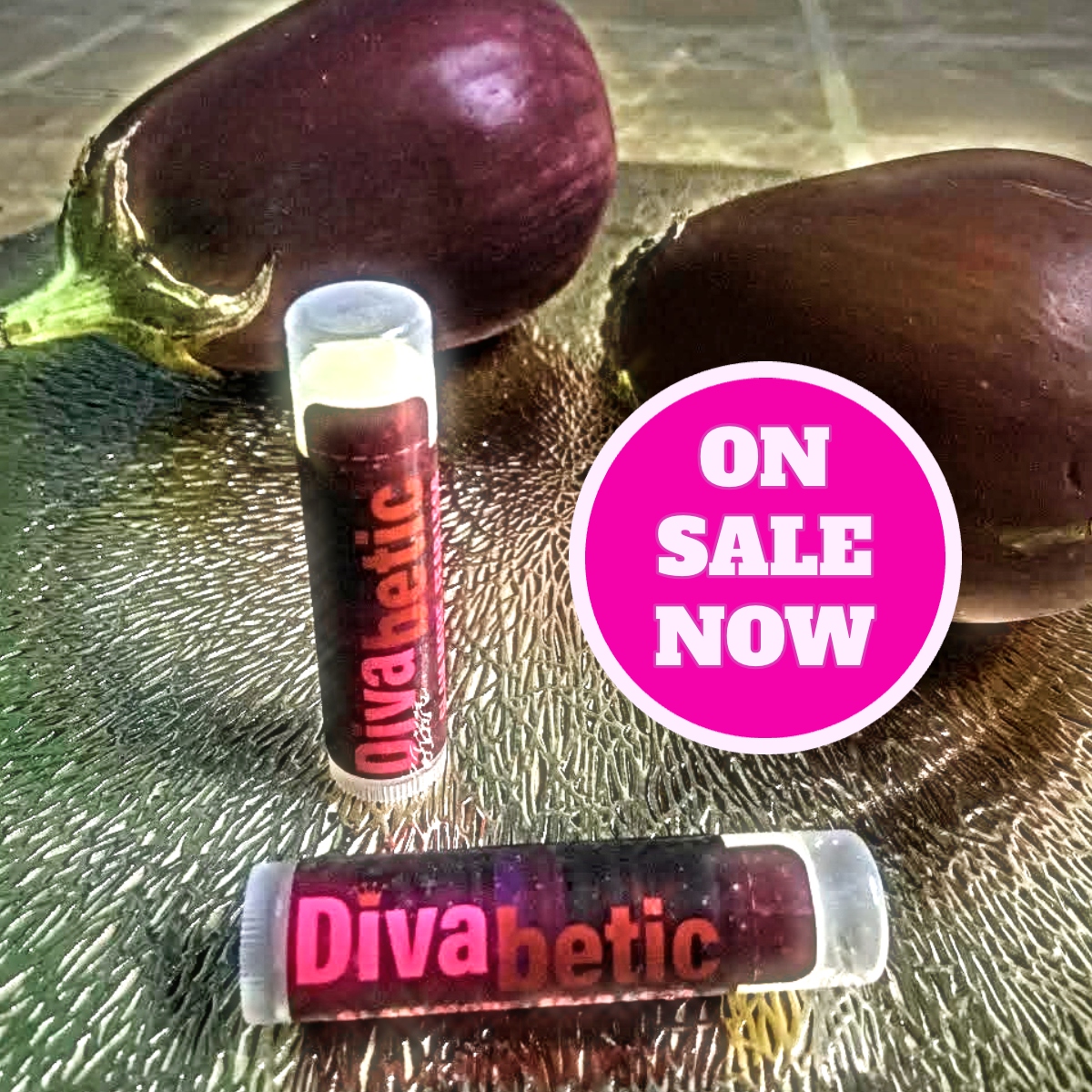Introducing the latest addition to our lineup – Divabetic’s luxurious premium vegan watermelon-flavored lip balm. Crafted from a blend of beeswax and carefully selected botanicals, our ultra-nourishing lip balm offers rapid relief and intense moisture for dry, chapped lips.

What’s more, it comes in eco-friendly packaging with 30% less plastic than standard lip balm tubes. For just $10.00, you can get 3 of these exceptional lip balms (plus shipping and handling), and with every purchase, you’ll be supporting our ‘Glam More, Fear Less’ brand of diabetes outreach.
Sweet Romance: A Woman’s Guide to Love and Intimacy with Diabetes, book one in the series, is your key to a happy, healthy, intimate life with diabetes.

Romantic relationships play an essential role in our everyday lives. But when diabetes enters the picture, it can complicate even the most loving and open relationships. Many people don’t know that diabetes can impact physical and emotional intimacy. Intimacy-related issues can be especially difficult to discuss with a partner or a healthcare collaborator. But don’t let diabetes hinder the romance. The Sweet Romance series gives you practical information and expert advice to tackle this sensitive subject. These comprehensive, interactive guides cover everything you need to know to enjoy a fulfilling sexual and emotional life despite the challenges of diabetes.
Divabetic is a diabetes nonprofit organization (divabetic.org) committed to empowering women and their loved ones at risk, affected by and living with diabetes, to achieve healthier outcomes. Enjoy podcasts, videos, zoom support meetings, blog posts, and newsletters.















